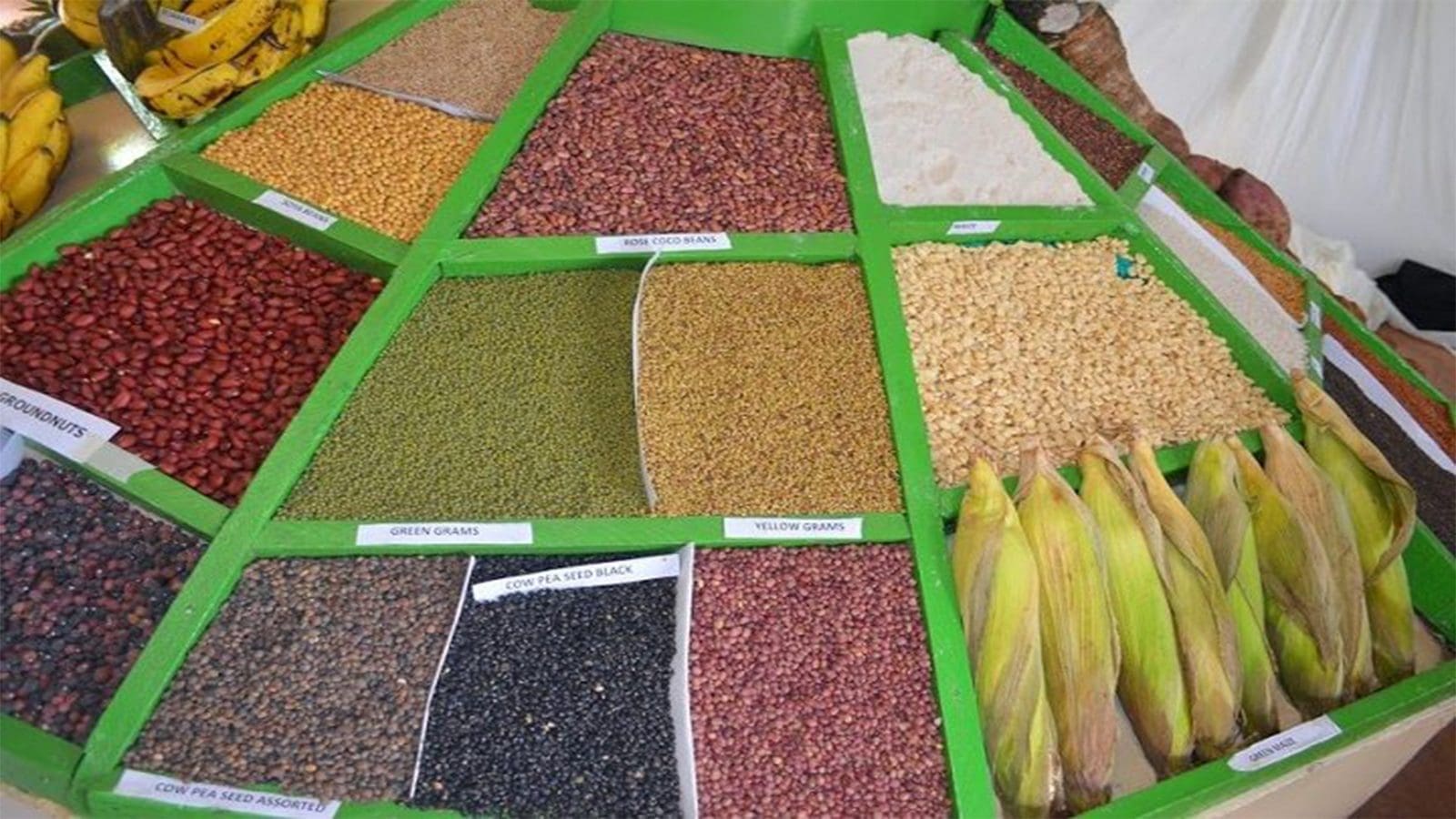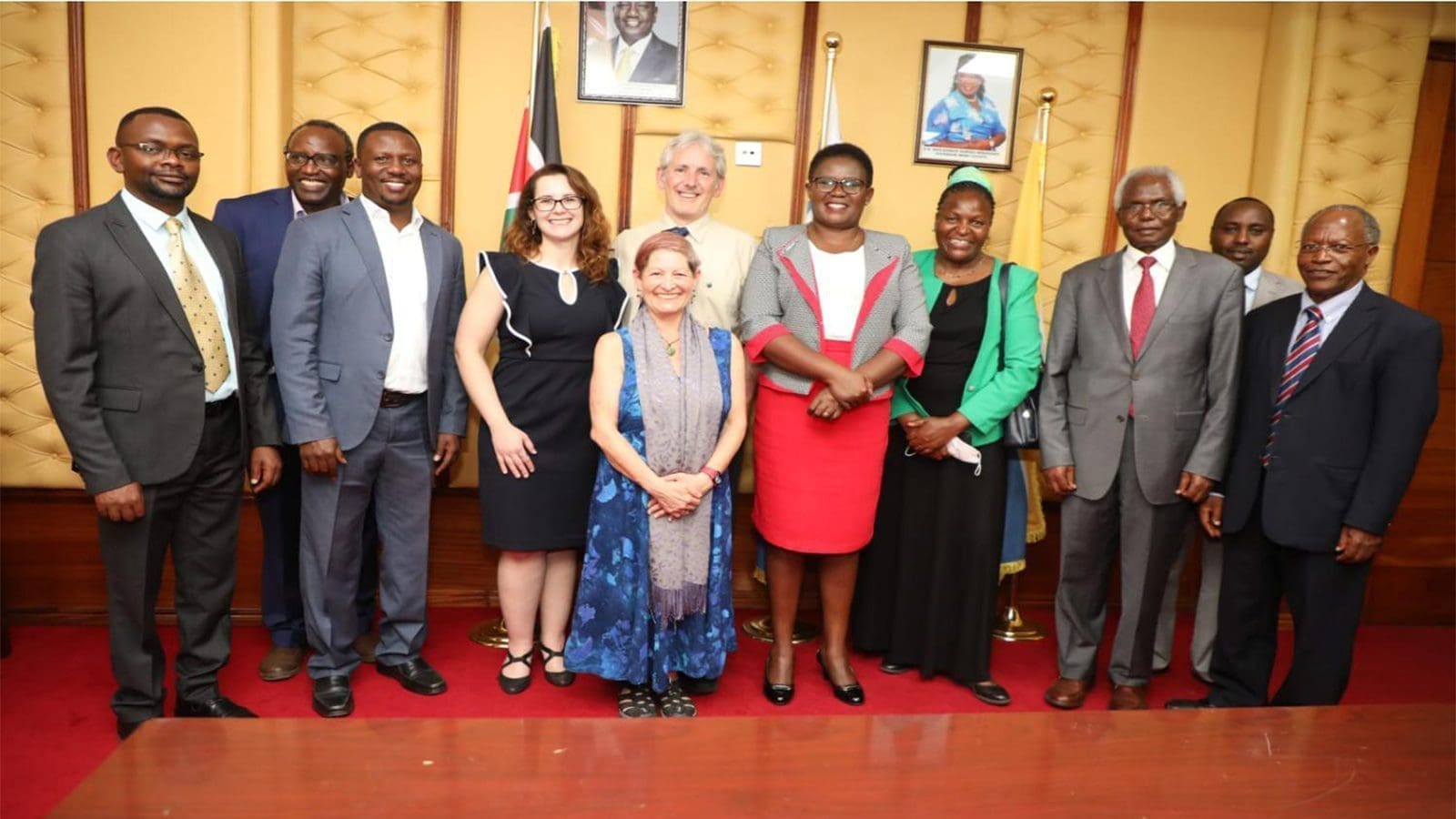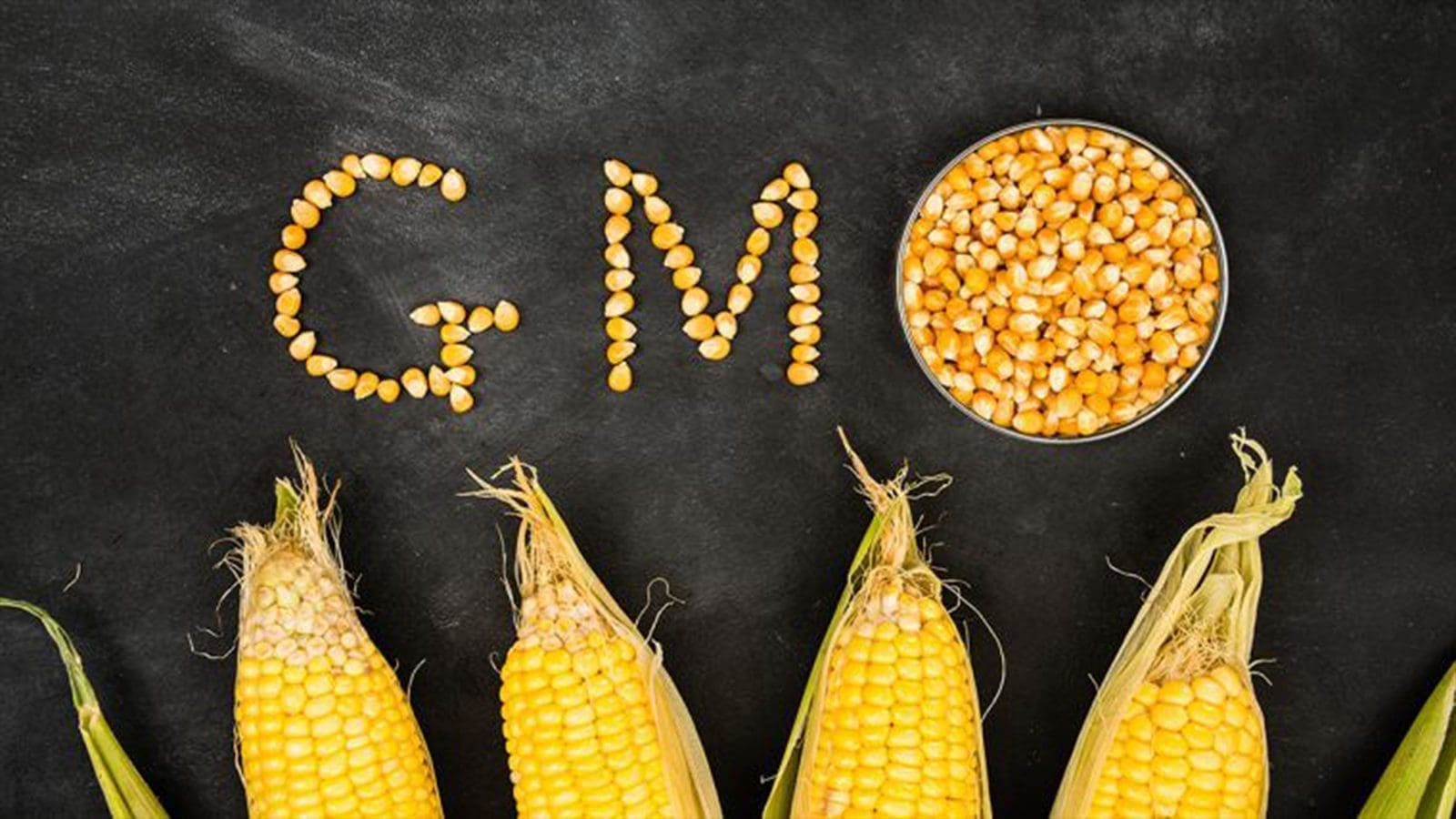KENYA – The World Food Programme (WFP), the world’s largest humanitarian organization focused on hunger and food security, has counselled the Marsabit County government to formulate legislation that will bring testing of cereals into the tax bracket in a bid to enhance food safety standards.
Speaking when he toured the county to inspect development projects and assess the current drought situation, the WFP Country Deputy Director Emmanuel Bigenimana said enacting a by-law requiring traders in cereal foodstuffs to pay for tests would also earn the government the much-needed revenue.
He noted with concern that public health officials manning mini food laboratories were faced with availability of reagents challenges. Public health technicians managing the mini labs carry out analysis and testing of food samples free of charge and were now finding it hard to sustain the service due to lack of reagents.
Last year, WFP funded the establishment of the laboratories in 7 sub-counties particularly to ensure safety standards of foodstuffs supplied for the school meals programme.
He said that collaboration between the organization and the two levels of government in ensuring quality and safety of food offered at schools was commendable, adding that safeguarding the health of children remained a top priority of WFP.
Bigenimana asked the Marsabit county assembly to consider passing a law requiring those trading in foodstuffs that could pose aflatoxin risks to pay for quality and safety tests, which would enable the department to raise revenue that could be recouped for sustainability purposes including buying of reagents.
He cautioned that lack of sustainability at the testing facilities could compromise gains already made in the food chain of ensuring that foodstuffs were wholesome, according to the Kenya News Agency.
“The decision will not only identify a new source of revenue for the county government, but also improve on the safety standards of food being consumed in the region,” he said.
Diversification to ensure food security
The official noted that cases of cancer ailments linked to aflatoxin contamination have been on the rise in Marsabit, hence the need to ensure that testing of food was not only for commodities meant for specific programmes like school meals, but the entire food chain.
In regard to the current drought, Bigenimana said the famine situation was dire and urged for continued support to families faced with starvation.
He pointed out that the pastoralist communities had lost their source of livelihood with livestock dying in their thousands.
Noting that small-scale farming of crops like maize, beans and vegetables was catching up with pastoralist communities, the WFP representative advised on awareness creation in food safety, which is also a supplementary effort to the government’s agenda on food security and nutrition.
WFP is funding a capacity building and diversification intervention programme which is aimed at building resilience among the local communities.
The pastoralists who have been predominantly livestock keepers are slowly diversifying their economic activities by embracing crop farming and bee keeping.
Liked this article? Subscribe to Food Safety Africa News, our regular email newsletters with the latest news insights from Africa and the World’s food safety, quality and compliance. SUBSCRIBE HERE








